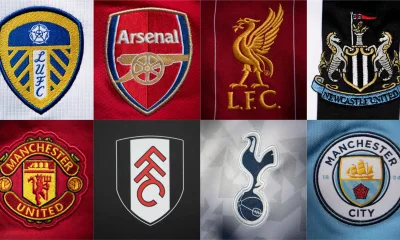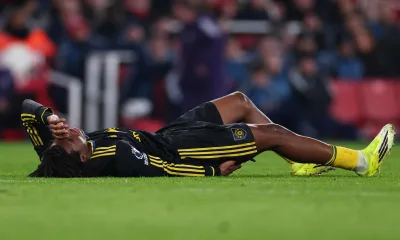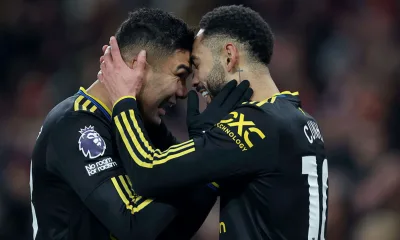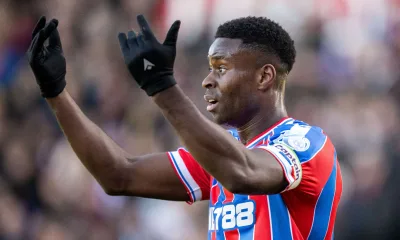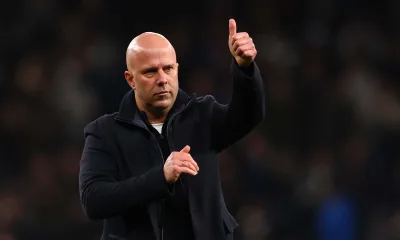Analytics & Stats
How Premier League Clubs Fared in the 2025 Summer Window: A Ranked Review
A club-by-club assessment of the Premier League summer window: spending, sales and squad impact. ’25
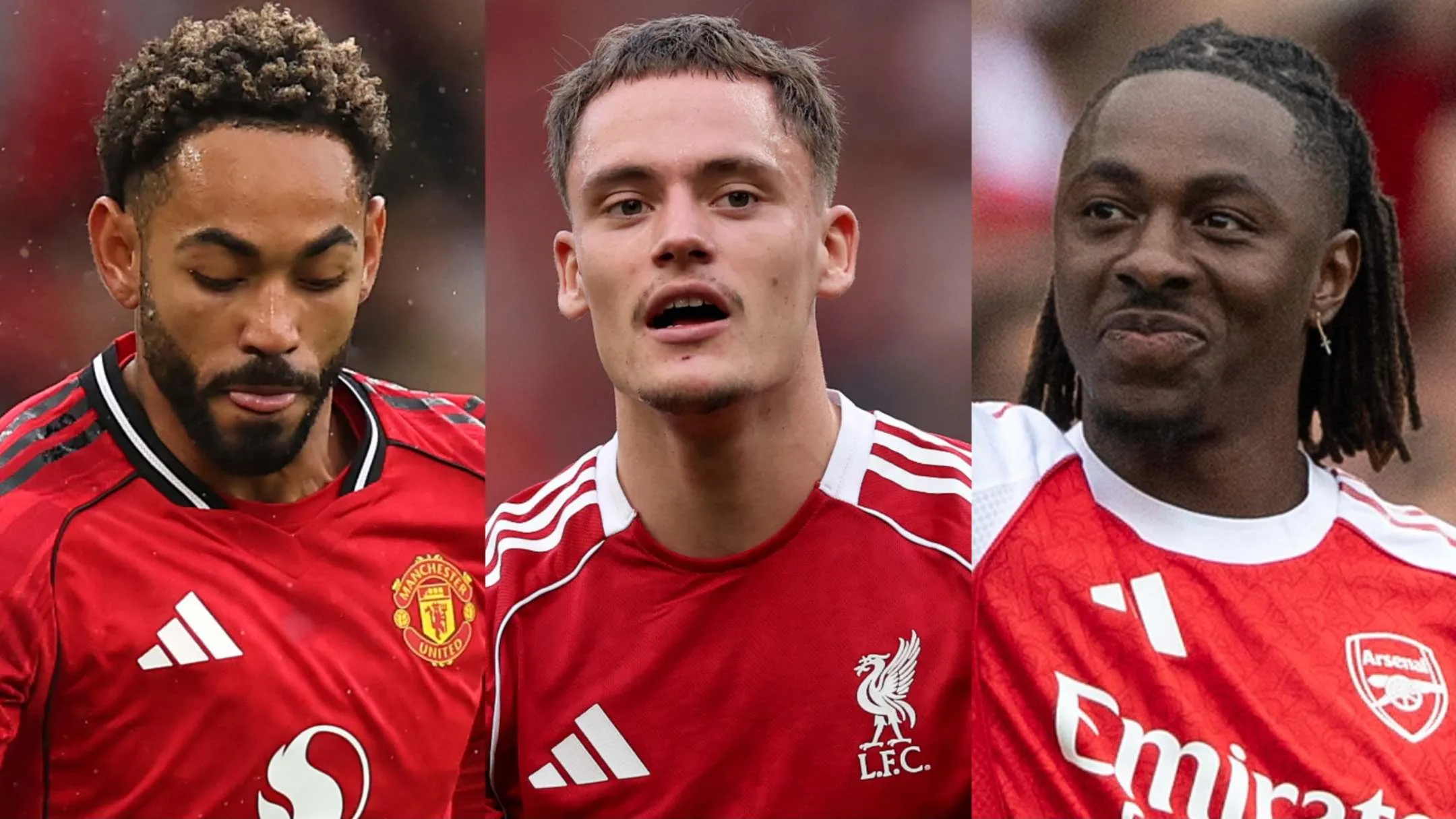
The Premier League’s summer market delivered heavy spending and mixed results. This review ranks clubs by how their windows reshaped squads and balance sheets, using only the transactions and outcomes reported.
At the lower end, Fulham operated on a tight budget and signed backup goalkeeper Benjamin Lecomte before deadline day. Late additions Kevin, Samuel Chukwueze and Jonah Kusi-Asare bolstered the forward line, but the window remains underwhelming for Marco Silva’s side. Crystal Palace lost Eberechi Eze, missed a £35 million fee for Marc Guéhi and blocked his move to Liverpool, with Guéhi potentially leaving for free next summer. Yéremy Pino was one of the few exciting arrivals for Palace.
West Ham and Wolverhampton each spent over £100 million but their incomings have yet to impress. West Ham lost Mohammed Kudus, while Wolves saw Matheus Cunha and Rayan Aït-Nouri depart; Jørgen Strand Larsen stayed at Molineux. Aston Villa spent the least of any club yet retained key players and added Harvey Elliott, Jadon Sancho and Evann Guessand. Burnley and Leeds favoured quantity over marquee signings, prioritising depth at affordable prices after promotion.
Brighton, Brentford and Bournemouth replaced major talents and reinvested well. Brentford negotiated excellent fees for Yoane Wissa and Bryan Mbeumo, Bournemouth profited from defensive sales, and the trio should maintain standards despite changes and Brentford coping without Thomas Frank.
Mid-table movers included Nottingham Forest, who kept Morgan Gibbs-White and Murillo and added four from Botafogo alongside Dan Ndoye, James McAtee and Douglas Luiz. Sunderland spent just over £180 million and added Granit Xhaka, Nordi Mukiele, Lutsharel Geertruida, Habib Diarra and Brian Brobbey.
Big-spending clubs made headline signings. Newcastle secured a record £125 million fee for Alexander Isak, signed Yoane Wissa and Nick Woltemade, and added Anthony Elanga and Malick Thiaw while retaining Sandro Tonali, Bruno Guimarães and Anthony Gordon. Everton’s window featured Jack Grealish, Kiernan Dewsbury-Hall and several young additions including Thierno Barry. Manchester United bolstered the attack with Cunha, Bryan Mbeumo and Benjamin Šeško while offloading Alejandro Garnacho, Jadon Sancho, Antony and Marcus Rashford.
Tottenham refreshed across the pitch with the additions of Mohammed Kudus, Xavi Simons, João Palhinha (loan), Randal Kolo Muani (loan), Kevin Danso and Mathys Tel, while Son Heung-min departed. Manchester City replaced older figures with youth, signing Tijjani Reijnders, Rayan Cherki (injured), Gianluigi Donnarumma and James Trafford and recouping fees for McAtee, Yan Couto and Máximo Perrone.
Chelsea spent almost £300 million but achieved a positive net spend, prioritising youth with João Pedro, Jamie Gittens, Alejandro Garancho, Jorrel Hato and Esêvão. Arsenal recorded the highest net spend after investing £267 million while receiving just £9 million in sales; key arrivals included Viktor Gyökeres, Noni Madueke, Eberechi Eze, Kepa Arrizabalaga, Christian Nørgaard, Martín Zubimendi and late arrival Piero Hincapié.
Liverpool led Premier League outlay with £446.5 million. They signed Alexander Isak (Premier League record fee), Florian Wirtz (division record at £116 million), Hugo Ekitiké, Milos Kerkez, Jeremie Frimpong, Giorgi Mamardashvili and Giovanni Leoni, and recouped almost half the spend by selling Luis Díaz and Darwin Núñez. A late collapse of the Marc Guéhi transfer was the only notable disappointment in an otherwise aggressive window for the Reds.
Analytics & Stats
Salah becomes first player with 152 goal contributions at one Premier League stadium
Salah reached 152 goal contributions at one Premier League ground, overtaking Henry and Rooney. 2026
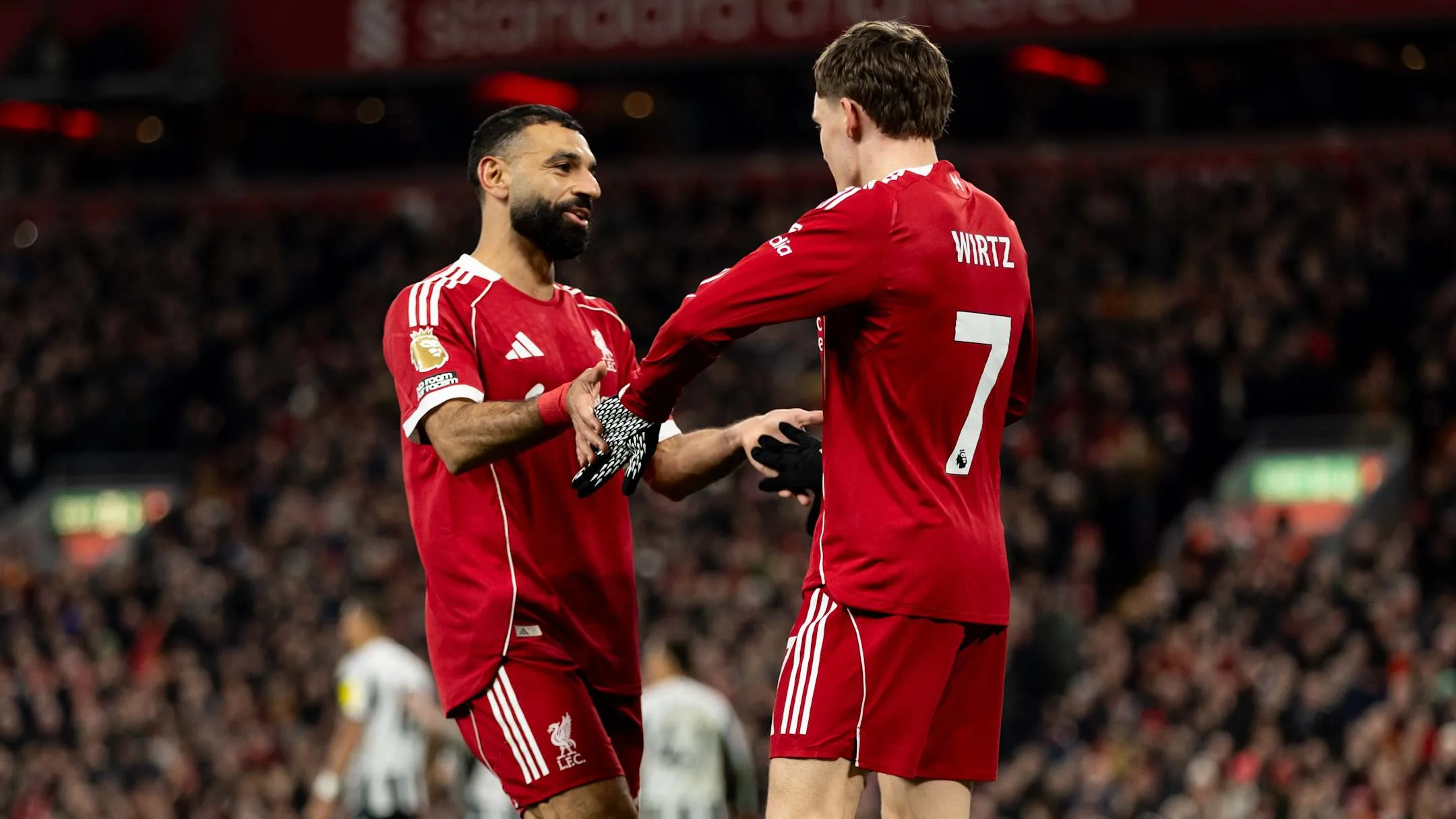
Mohamed Salah set a new Premier League benchmark when he reached 152 goal contributions at a single stadium during Liverpool’s 4–1 thumping of Newcastle United on Saturday. That total places him ahead of the previous record of 151, which was held jointly by Thierry Henry and Wayne Rooney at Highbury and Old Trafford respectively.
Salah’s tally at that ground is compiled from 107 goals and 45 assists, producing the 152 figure that now stands alone at the top. Thierry Henry’s total there was 114 goals and 37 assists for 151, while Wayne Rooney recorded 101 goals and 50 assists for the same combined total.
Mohamed Salah
Goals 107
Assists 45
Total 152
Thierry Henry
Goals 114
Assists 37
Total 151
Wayne Rooney
Goals 101
Assists 50
Total 151
Beyond the stadium-specific milestone, Salah remains on course for other career landmarks in the Premier League. He is fourth on the all-time scoring list with 190, 18 behind Wayne Rooney’s 208 and behind Alan Shearer and Harry Kane. Whether he can move up into third depends on form and remaining fixtures: Liverpool have 14 Premier League games left and Salah has scored four goals in 16 outings this season.
Player
Goals
Alan Shearer 260
Harry Kane 213
Wayne Rooney 208
Mohamed Salah 190*
Andrew Cole 187
*stats correct as of Feb. 1, 2026
The past 18 months have been full of broken records for Salah and have strengthened his standing in Premier League history. The clock is ticking for Salah and it is not yet clear how long he has left to rack up the numbers. His current contract says 18 months but his tense relationship with manager Arne Slot may suggest otherwise.
Analytics & Stats
Salah sets unique Premier League record with 152 goal contributions at one ground
Salah reached 152 goal contributions at one ground, surpassing Henry and Rooney’s 151 totals Feb. 1.
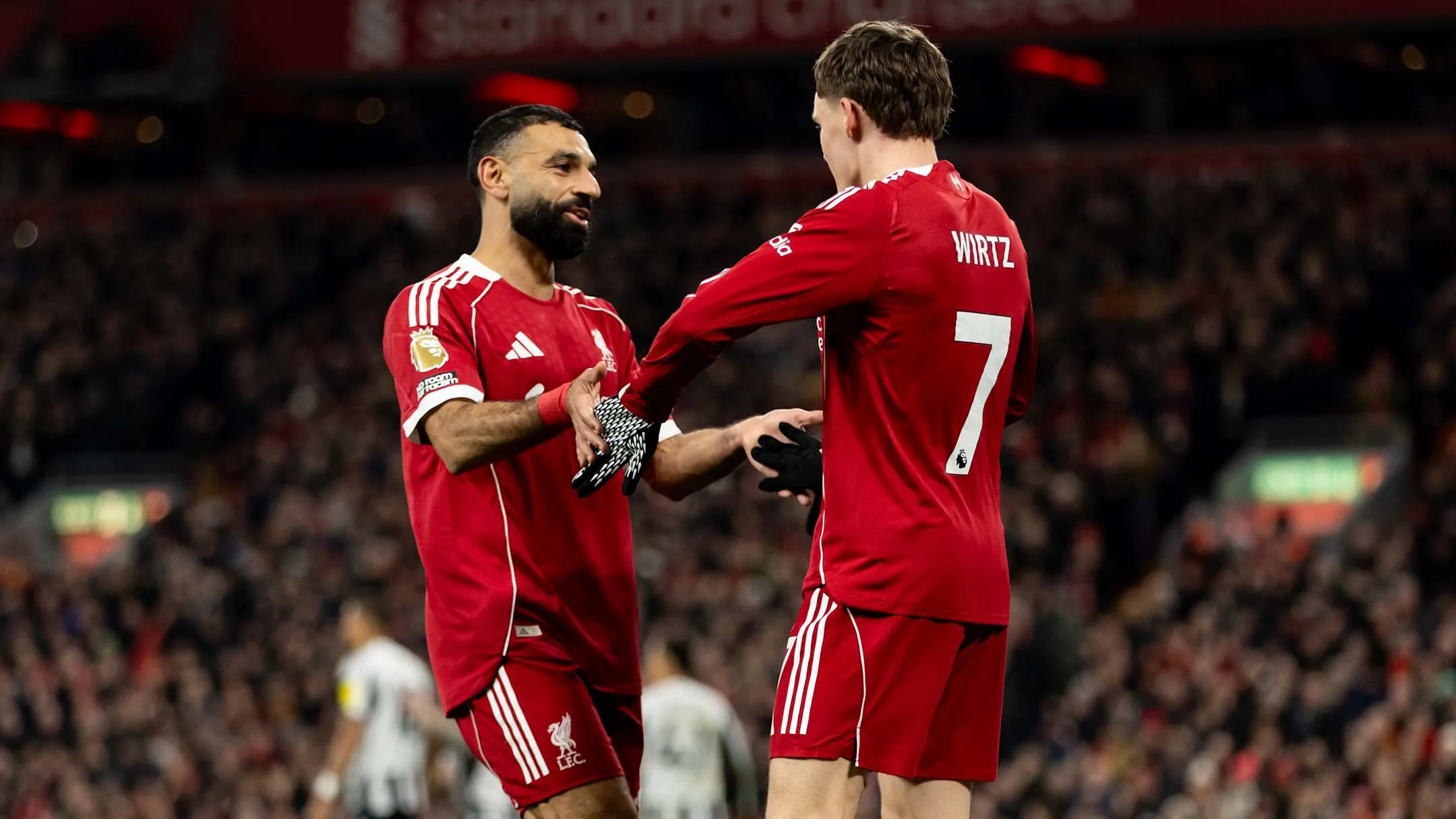
Mohamed Salah became the first player to register 152 goal contributions at a single Premier League stadium during Liverpool’s 4–1 thumping of Newcastle United on Saturday. That total moves him past the previous high of 151, a mark held jointly by Thierry Henry and Wayne Rooney at Highbury and Old Trafford respectively.
Salah’s landmark is the product of sustained output for Liverpool over several seasons. The numbers at that ground break down as 107 goals and 45 assists, producing a combined total of 152. By comparison, Thierry Henry recorded 114 goals and 37 assists for 151, while Wayne Rooney had 101 goals and 50 assists, also 151.
Salah
Goals
Assists
Total
Mohamed Salah
107
45
152
Thierry Henry
114
37
151
Wayne Rooney
101
50
151
Beyond this stadium-specific record, Salah is also tracking career scoring milestones in the league. He sits fourth on the all-time Premier League scorers list on 190, 18 behind Wayne Rooney’s 208 return and behind Alan Shearer and Harry Kane. Whether he can climb into third remains an open question given Liverpool have 14 Premier League matches left and Salah has scored four goals in 16 appearances this season.
Player
Goals
Alan Shearer
260
Harry Kane
213
Wayne Rooney
208
Mohamed Salah
190*
Andrew Cole
187
*stats correct as of Feb. 1, 2026
The past 18 months have been full of broken records for Salah, reinforcing his standing in Premier League history. The clock is ticking for Salah and it is not yet clear how long he has left to rack up the numbers. His current contract says 18 months but his tense relationship with manager Arne Slot may suggest otherwise.
Analytics & Stats
Neville Criticises Amorim as Mainoo Rises in Carrick’s Midfield Plan
Neville slams Amorim’s handling of Mainoo as Carrick’s system brings midfield balance for United plus
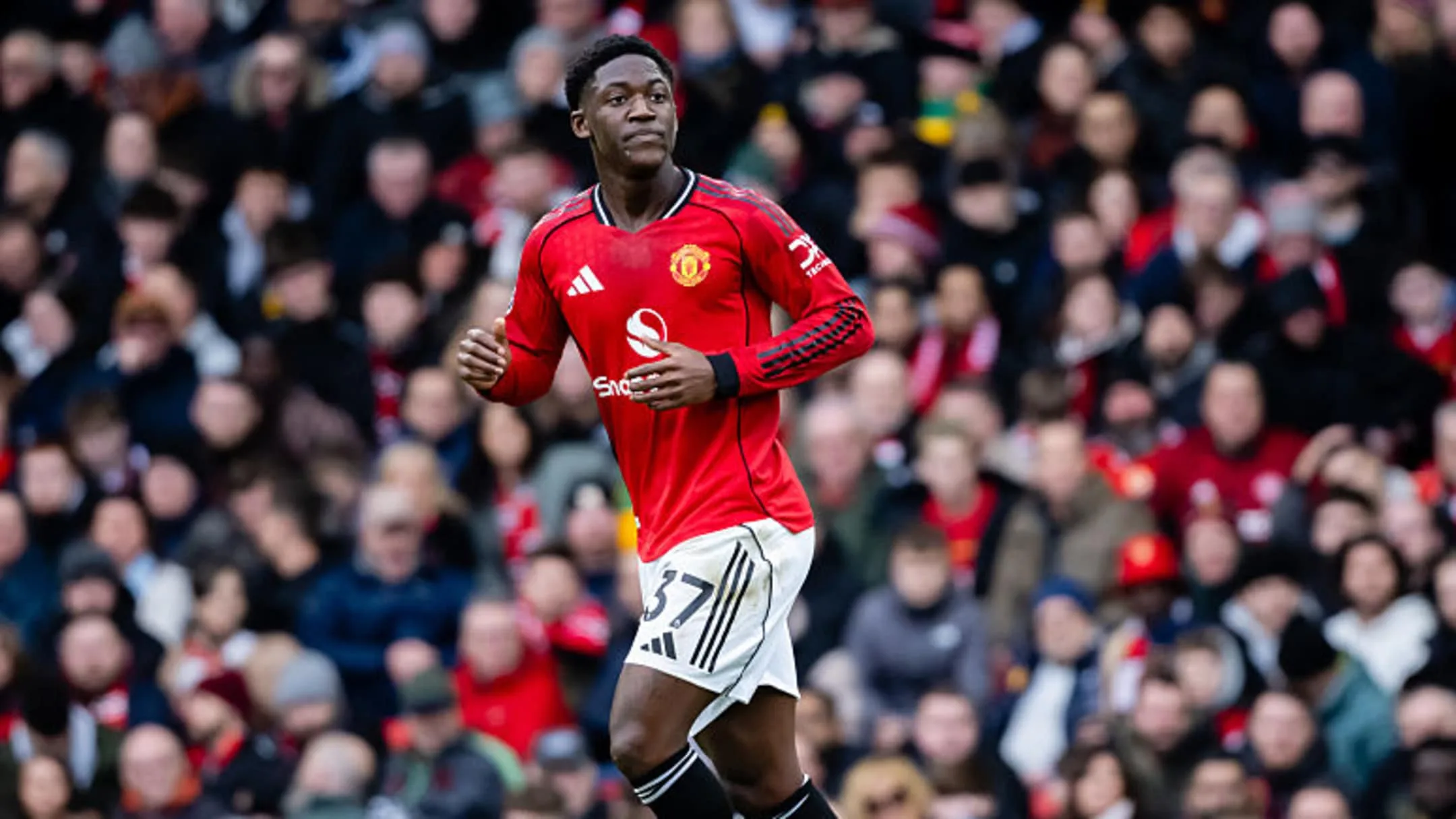
Gary Neville used blunt language to describe how Kobbie Mainoo was managed at the start of the season, arguing the midfielder was mishandled before finding form under Michael Carrick.
“I must admit, I never liked the handling of Mainoo,” Neville said on the new episode of Stick to Football, accusing Ruben Amorim of damaging the player when it became clear he would not be selected alongside Bruno Fernandes. “I thought it was rubbish,” he added. “It killed him publicly. And then he never put him in the team at all, apart from [against] Grimsby. That was nearly pushing a talented player out of the club before he even really had a chance to perform. You look at him now in these two matches, you think, how could that be? How could [Manuel] Ugarte [be picked ahead of him]?”
Roy Keane welcomed Mainoo’s recent performances. “You couldn’t ask for any more,” he said, adding that the overall turnaround had been “brilliant.” He also warned that conclusions should be cautious given the sample size: “It is only two games,” he warned, wanting to see more.
Paul Scholes praised the renewed midfield balance once Carrick adjusted the system to include both Mainoo and Fernandes while Casemiro remained at No. 6. “Kobbie and Fernandes, they make your team play football,” Scholes said. “When they had just been doing it with Fernandes, they sent [one] to play. He didn’t really have anyone to play with. Now, Kobbie’s also got that ability to play with someone. It makes a big difference.”
Statistical snapshot from the two recent matches (Man City, Arsenal):
Minutes Played: 90, 90
Rating (Out of 10): 7.5, 6.9
Touches: 51, 54
Passing Accuracy: 91%, 86%
Passes into Final Third: 1, 4
Chances Created: 0, 2
Defensive Contributions: 9, 6
Mainoo’s club revival raises questions about his international prospects. The 20-year-old was instrumental as England reached the Euro 2024 final and has the opportunity to force his way back into the national squad for the World Cup if his run of form continues.


